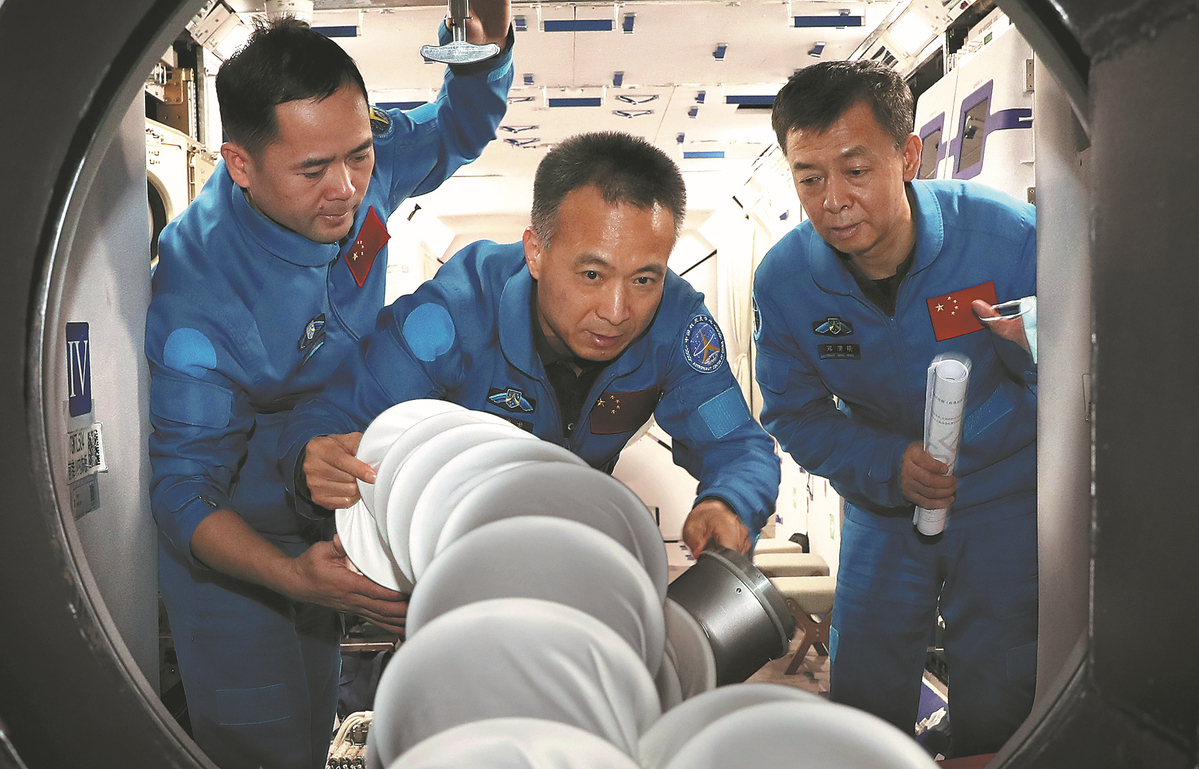Private players make their mark with space missions
More Chinese companies embark on satellite and rocket ventures


There is already a launch complex in Hainan — the Wenchang Space Launch Center. Like the other three such centers in China — Jiuquan, Taiyuan, and Xichang — it is administered by the central government and is primarily tasked with serving State programs such as lunar explorations and manned spaceflights.
The Hainan provincial government has said it intends to make the new site a leading launch facility that will be fully commercially managed to support the long-term growth of the nation's commercial space industry.
Thanks to the central government's encouragement and favorable policies, more Chinese private companies have become involved in satellite businesses ranging from design and manufacturing to in-orbit operations and data processing, generating huge demand for commercial launch services.
Several private enterprises have announced or begun to implement plans to establish space-based networks with tens or even hundreds of satellites for broadband internet or data collection businesses.
Hu Shengyun, a senior rocket designer at China Aerospace Science and Industry Corp, said the existing government-run launch centers are too busy to handle rising demand from the commercial space sector. It is also not uncommon for even a government-assigned mission to have to await scheduling at those sites.
Each of the existing centers has only one or two service towers, and important State missions such as crewed flights always have priority, Hu said.
"Moreover, the management and operational methods of these centers are specifically designed for State-funded programs rather than commercial missions, so carrying out numerous commercial launches will likely create problems or challenges for them," he added.
Yang said construction of a second launch service tower at the center in Hainan is expected to be finished next month.
Installation and fine-tuning work on this tower is due to be completed in May, he said, adding that it will be able to service as many as 19 types of rockets, most of them produced by private companies.























